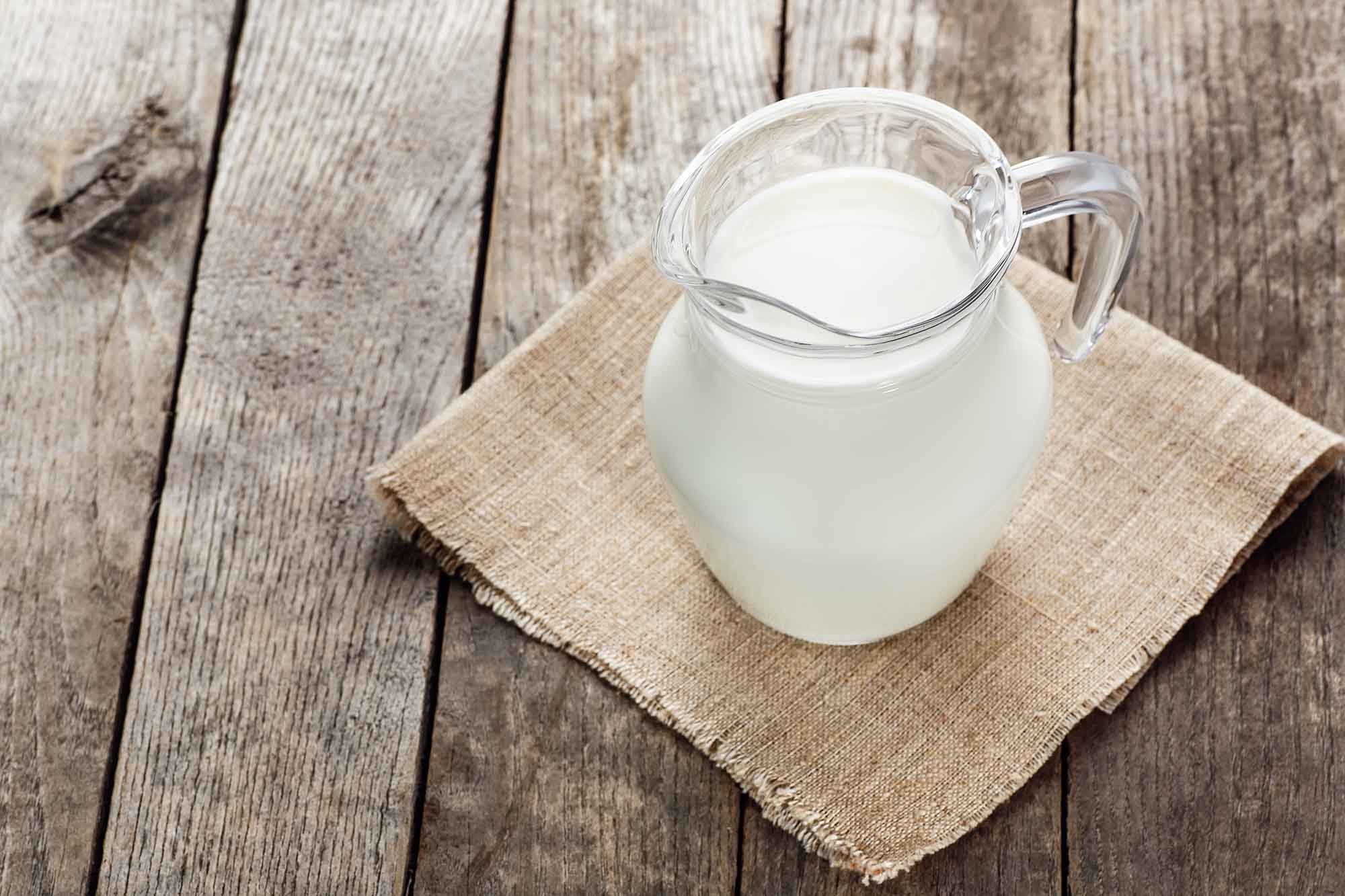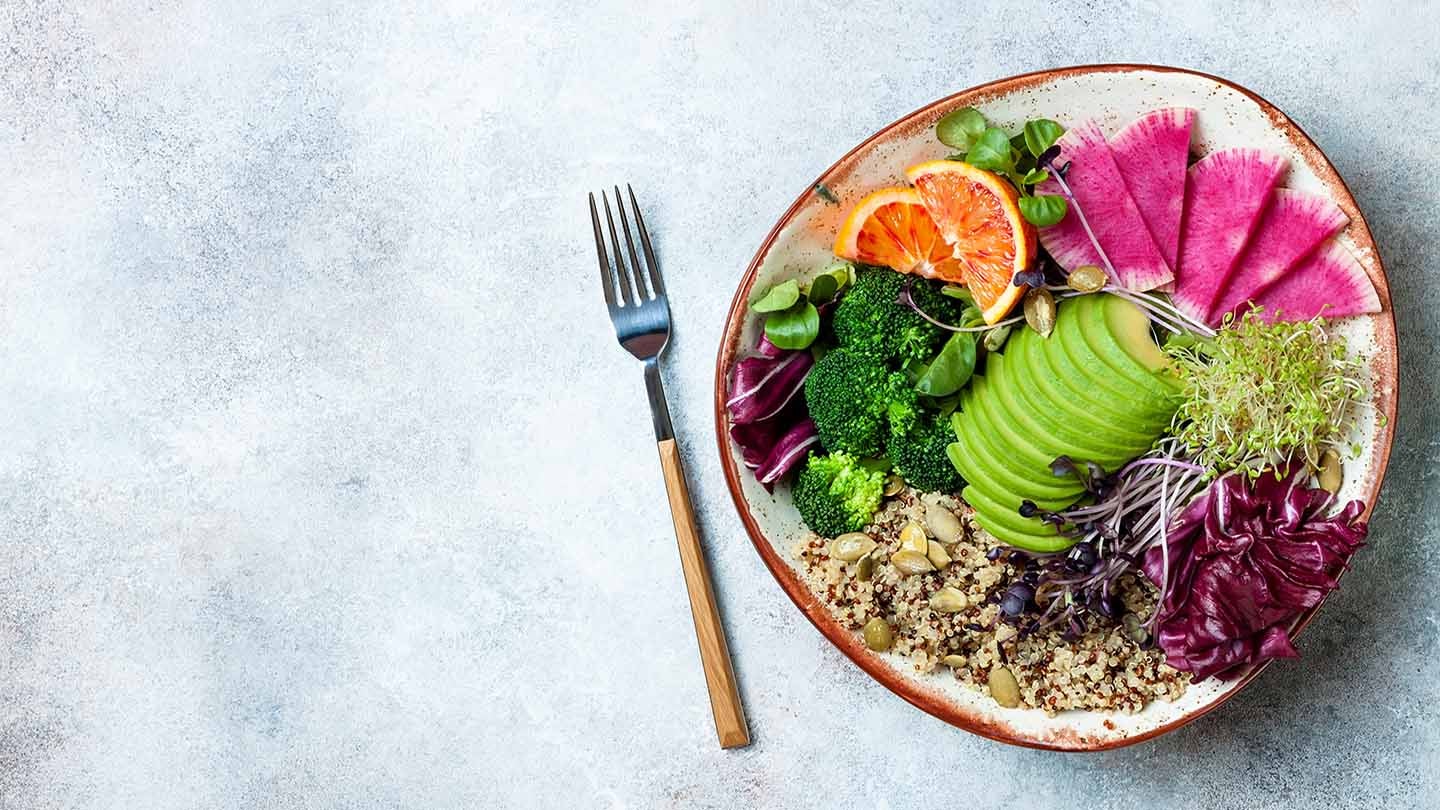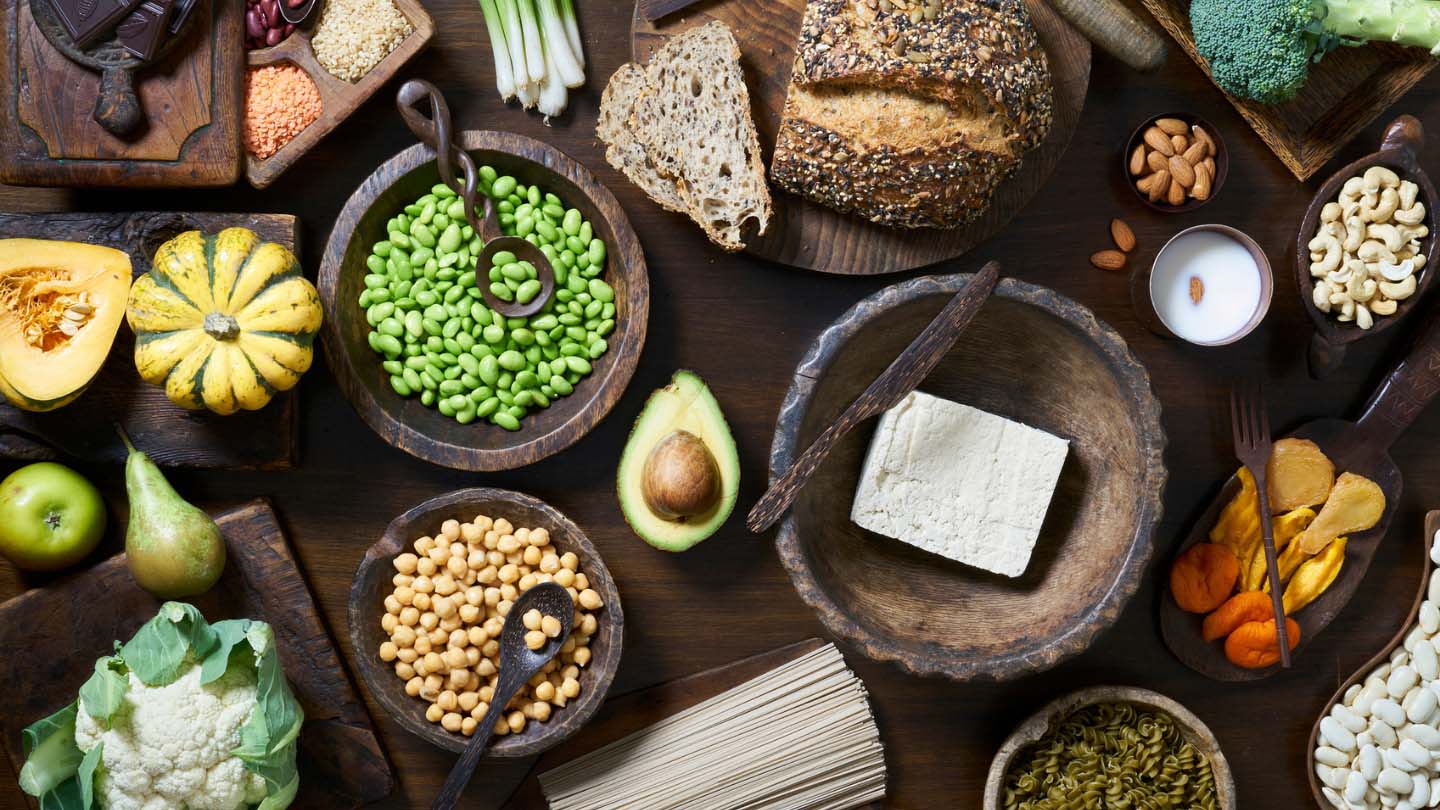
What Are Plant-Based Diets and Why Do People Commit to Them?
What Are Plant-Based Diets and Why Do People Commit to Them?
Thursday, November 14, 2019
There are many different approaches to plant-based eating, from people who simply want to eat meat less often, to people who consume no animal products or by-products of any kind.
What Is a Plant-Based Diet?
Despite its self-explanatory name, plant-based diets can mean different things to different people. Depending on who you’re asking, a plant-based diet might mean eating veggies more often, while for other customers it might be a loud battle cry against any type of animal products.
The thing to keep in mind is that people committed to various types of plant-based diets expect to meet a lot or all of their nutritional needs through eating plants.
What Are the Different Types of Plant-Based Diets?
Flexitarian: actively chooses to eat less meat, whether that means reducing the amount on the plate or avoiding meat on certain days of the week.
Vegetarian: does not eat meat of any kind, but may consume animal by-products.
• Lacto-ovo vegetarian: eats dairy products and eggs, but not meat.
• Ovo-vegetarian: eats eggs, but not dairy products or meat.
• Lacto-vegetarian: eats dairy products, but not eggs or meat.
Vegan: does not eat meat, eggs, dairy products, or any other ingredients created from or produced by animals, including honey.
Why Do People Choose Plant-Based Diets?
Like many lifestyle choices, there are multiple reasons people might choose to follow various types of plant-based diet. Understanding these reasons can help you connect with your guests and shape your menu around their preferences.
Health
Plant-based foods can be a good source of vitamins, minerals, dietary fibre, and even unsaturated fats and proteins from plants. Some people reduce or eliminate animal products from their diet because of dietary intolerances, allergies, cardiovascular health, or general well-being.
Ethics
Others choose not to eat meat because of ethical reasons and their interest in animal welfare. A common consumer concern is about the uncontrolled use of antibiotics and their health implications.
Many people are also concerned the living conditions and general treatment of the animals themselves.1
And some don’t believe that humans have the right to kill animals for food.2
The Environment
Still another reason that people limit meat from their diets is related to the environmental impact. With 30 percent of the earth’s entire land surface covered with livestock, raising cattle generates more of the greenhouse gases responsible for global warming than transportation.3 It’s also associated with other environmental concerns including deforestation and low scrutiny of air and water pollution on surrounding communities.1
Affordability
Another factor for some who choose to eat less meat is cost. For example, beans and pulses are a cost-effective alternative to high priced meat products, and they are also a good source of protein. It’s one of the reasons why sustainable plant-based diets have become a popular concern in recent years.
Religion
Several religions advise their followers to avoid eating meat or animal-based products. For example, Hindus and Buddhists have a strong tradition of vegetarianism, Jainists follow a vegan diet, and Seventh-Day Adventists promote lacto-ovo-vegetarianism.
Sensory and Preference
Finally, there are some people who simply don’t enjoy eating animal products due to their characteristic taste, texture, or smell.
Whatever the reason, there is no doubt that the interest for plant-based diets has skyrocketed and catering for plant-forward customers is the fresh opportunity many food specialists were waiting for. Discover more about plant-based nutrition and check out our tips for serving up a plant-based menu ready to impress.
- FAIRR Sustainable Protein DD09, Feb. 2018.
- Lea, E., & Worsley, A., 2001. Influences on meat consumption in Australia. Appetite, 36, 127–136
- 2006 UN Food and Agriculture Organization study. https://news.un.org







